Copyright 2022 by Hummingbird Books in Bozeman, Montana.
All rights reserved.
No part of this book may be reproduced in any form or by any electronic or mechanical means, including information storage and retrieval systems, without written permission from the author, except for the use of brief quotations in a book review.
The author of this book does not dispense medical advice or prescribe the use of any technique as a form of treatment, nor is this book a diagnostic tool. This book is meant for informational purposes only and is not a substitute for therapy (psychological or physical). Please consult with a licensed physician or therapist for medical advice.
In many instances, the authors named inside are meant to represent conglomerate experience, except when named for a specific case study. Client names have been changed to protect anonymity, except when specific permission has been given by the author for use of their information in print.
The trademarked terms CliftonStrengths and Strengths (along with the CliftonStrengths assessment and the themes of Strength are the property of Gallup, Inc., and use of the terms does not constitute endorsement by Gallup, Inc. or any affiliated coaches or persons. Being a Gallup-Certified CliftonStrengths Coach does not equate to employment with or endorsement by Gallup, Inc, or any of its affiliates.
For everyone whos ever said, I just know, and felt they had to justify intuition to another person.
This book is for you.
Imagine yourself walking the streets of Athens in the early 4th century BC. The infamous Poetics hasnt been written yet.
If youre not familiar with Poetics, its often credited as both the beginning of theatre theory and also the beginning of story theory. Because so much of our thinking about plot structure stems from someones interpretation of Poetics, I think its important to start there.
But back to Athens.
Were walking around, getting little rocks in our sandals, and suddenly, we stroll past a theater. We walk inside. Theres a play currently being performed. We sit down.
Being theoreticians of the 21st century, we recognize the rise and fall of the action. The turning points. The dark moment. The resolution.
But its before Poetics was written! How in the name of all the gods is a poet writing in three act structure before theres someone around to teach them about how to write in three act structure?
I know this may not seem like rocket science to some people, but have you ever really considered the implications of the three act structure being discovered and not invented?
When a discovery is made, it necessitates the thing existing before the discovery happens.
Essentially, that means there were people writing compelling stories before anyone codified the structure. Before there were classes or books or MFAs. Even if we assume the theory might have had a different name, or there were other unwritten conversations about structure going on in the coffee shops of Athens at the time, any discussion about the structure of story would still result from discovery and not from invention.
If youve ever read Poetics, you get the picture of Aristotle sitting in the audience of several productions, noticing form. Hes extremely familiar with all the poems and productions of his time, and he breaks them apart to show the form underneath the beauty. But the productions had to exist for him to break them apart.
First, it had to be intuitively written by someone who didnt know three-act-structurea lot of someones, since he discussed so many works.
Im not sure how weve reached the point in modern structural theory where we assume all intuition is a thing of the past, but thats definitely where weve come.
Whats encouraged now is: learn plot structure and then write plot structure. That seems really smart, until youre the person whos trying (and failing) to learn it. Yet somehow, when you sit down and just let yourself write, you find that compelling story coming up out of the water like an invisible current.
Some writers cant put structure in the story, but they can discover structure.
Why?
Because they intuitively write structure into the story without realizing it. Just like the poets of 4th and 5th century BC Athens, who were writing compelling stories (for the ages, some of them) without someone to teach them how.
Let me be clear. Im not assuming that no one talked about story structure before Aristotle. But if you look at the history of the theory of story, you see looser structure at the beginning and more refined structure at the end (in the 20th and 21st century). You see Aristotle with big-picture principles, and then you see 21st century theoreticians trying to put percentages on the parts of the story where certain elements have to happen. General to specific.
Thats how all theory works over time. We start off less specific, and the people after us get more and more specific because thats how thought works. Someone who comes after Aristotle now has all the teachings of that great thinker to understand, and they come to know plot structure in a deeper way and then write a new book or make a new theory. Theories and philosophies throughout recorded time show similar progressions.
So, what does that mean for us?
First of all, it meansregardless of what they say (the universal they)writing with intentional plot structure is not necessary for the story to be compelling. If it was necessary, then the poets of 5th century Greece (and other countries) wouldnt have been able to do it. Additionally, if knowing plot structure was necessary to write it, then the more we know plot structure, the better our stories should be.
Im not going to point fingers. But if this was the case, there would never be a bad movie made in Hollywood, because theres nowhere the structure idea is more forcefully mandated than in the halls of film and television.
Raise your hand if you've never seen a bad movie. No hands? Not even one?
I should pause here to say: this is not a book to beat up on those who use structure and do well at it. Thats why structure teaching exists. To help the people it can help. If youre a person who uses structure effectively and enjoys it, and it makes your books / plays / scripts better, then my hat is off to you and Im happy for you.
Its also not a book about discovery writing. Not all intuitives are discovery writers (well get to that in a moment). But its important to show that intuition can be right without needing education.
Those creatives who tend to draft by intuition desperately need the reminder that story existed before structure was codified. Otherwise, many of us are going to lose years and tears and good stories to the fires of failure because were trying to fit ourselves into a box thats way too tight across the shoulders. So tight, were ripping out.


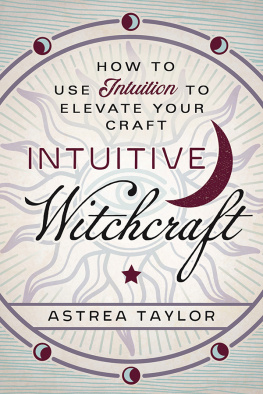
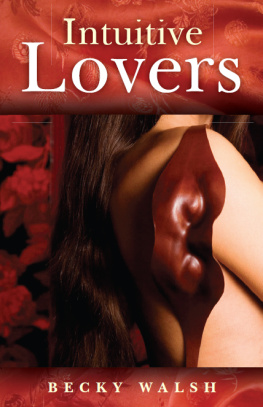
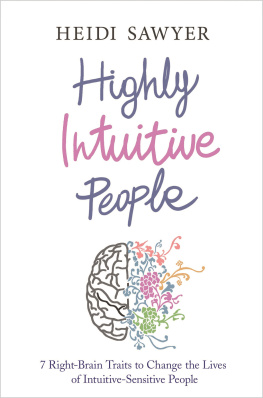
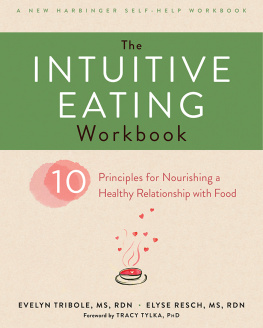
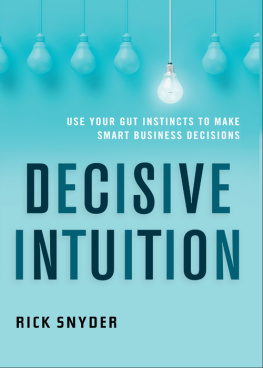
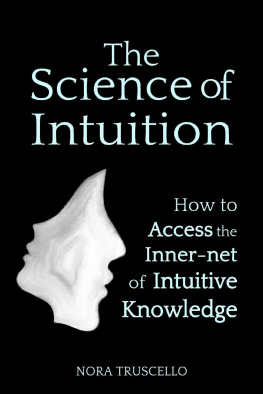
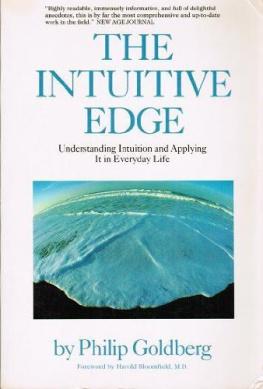
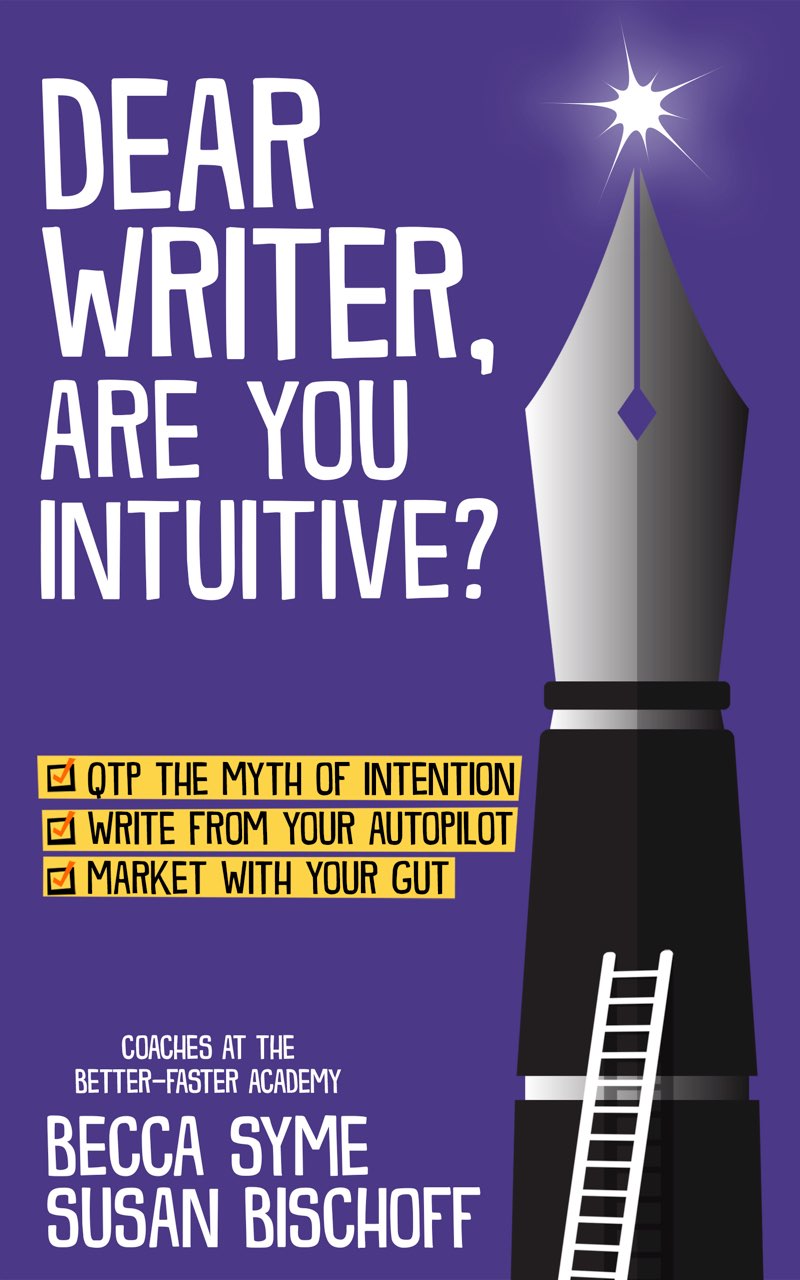
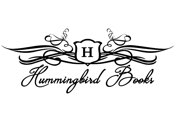
 Created with Vellum
Created with Vellum